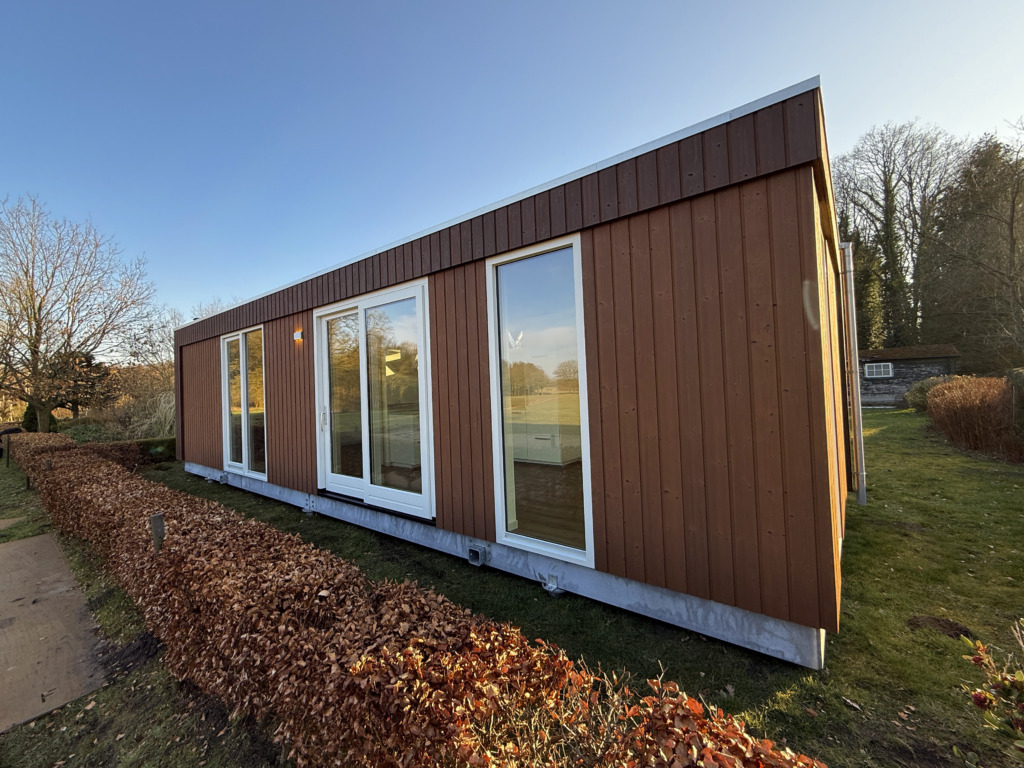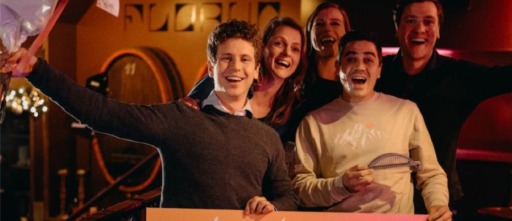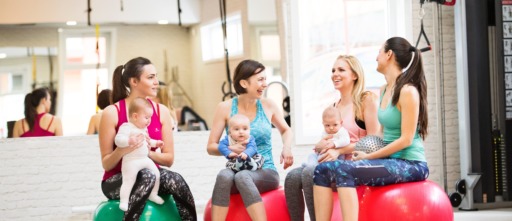Living close, living well: Op Ons Erf offers a new model for elderly care at home
How can we prepare for a rapidly ageing population, while ensuring elderly people continue to live meaningful and independent lives? Velp-based startup Op Ons Erf offers a refreshingly practical solution: a mobile senior residence that brings elderly parents closer to their loved ones, while supporting both sides with care plans, smart technology and flexible services.
The idea was born in 2023 on a car journey. Husband-and-wife duo Maarten and Anneloes van de Koevering, a tech specialist and a GP, were on a weekend getaway when the conversation turned to future plans. Anneloes floated a concept she’d been thinking about for a while. Within five minutes, the outline was there. By the end of the weekend, it had become a business plan—and a mission.
Op Ons Erf is a deeply personal venture. “We created this because it’s what we’d want for our own parents”, Maarten says. “When my mother was young, her own mother lived next door, and her aunt was just around the block. That was normal. We’ve lost that village mindset over the years. But now, with the elderly care system under stress, it’s time to bring it back.”
A home next to home
The model is as simple as it is timely: Op Ons Erf places a compact, fully equipped and ergonomic senior home on the adult child’s property. The older parent gains comfort, privacy and self-reliance. The family gets peace of mind. And crucially, care becomes something shared and manageable.
But what makes their proposition truly unique, is the subscription model. “After placement, the subscription is monthly and cancellable at any time—because when someone passes away or has to move, the last thing families need is a financial burden.” The model does not only include use of the home. Each placement includes a personalised care and wellbeing plan, developed in consultation with the resident and their family. The aim: not just to house someone safely, but to keep them active, socially connected and in control of their life.
Smart tech features
Technology plays a key role. Every home comes with a user-friendly Compaan tablet—offering everything from medication reminders and video calls to online bingo and live exercise classes. Family members can monitor tasks or help manage care remotely, making it easier to share responsibility.
The company also provides optional smart home features like motion-activated lighting, fall detectors and medication dispensers—all aimed at enhancing safety and autonomy. Services are modular and can evolve with the resident’s needs.

Solution to societal challenges
“We see Op Ons Erf as part of the solution to two major issues”, Maarten explains. “First, the housing crisis. Second, the ageing wave. The number of people over 75 is set to nearly double in the Netherlands by 2040 – and they’re being told to live independently for as long as possible. But many don’t have the resources or environment to do that well. That’s where we come in.”
This model enables what us Dutch call ‘mantelzorg’: informal care provided by close relatives or friends. It bridges the gap between professional healthcare and everyday support, helping families share responsibilities in a natural and flexible way.
From placement to guidance
Nearly one in five homes in the Netherlands (excluding apartments) have a plot large enough to accommodate a secondary home while maintaining privacy. And from 2026, national rules will ease: municipalities must allow backyard elderly housing without requiring a special permit, though each local government will apply its own policy.
Op Ons Erf also facilitates on-site installation by trusted local contractors, covering everything from placement to water, electricity and sewage. “We charge the actual costs of placement, between €6,000 and €8,000 including removal”, explains Maarten.
In line with government policies
The rental model is not only customer-friendly; it also helps convince municipalities. “Housing policy is under pressure. There’s a target to add one million new homes, and the government sees 100,000 of those coming from split homes or backyard units like ours. Leasing keeps things flexible and socially responsible.”
A potential government subsidy scheme may also help make the homes more accessible to lower-income families. “Our big goal is to make later life better—for both elderly people and their families”, says Maarten. “And that means not just housing, but connection. With the right support, it’s absolutely possible.”
From side project to scalable startup
Maarten and Anneloes realised they faced a choice: grow gradually, or aim bigger. A pitch at the Briskr BANN event helped tip the scale. “If we stay small, we help a few. But if we scale with the right partners, we can change the landscape of elderly care in the Netherlands.”




